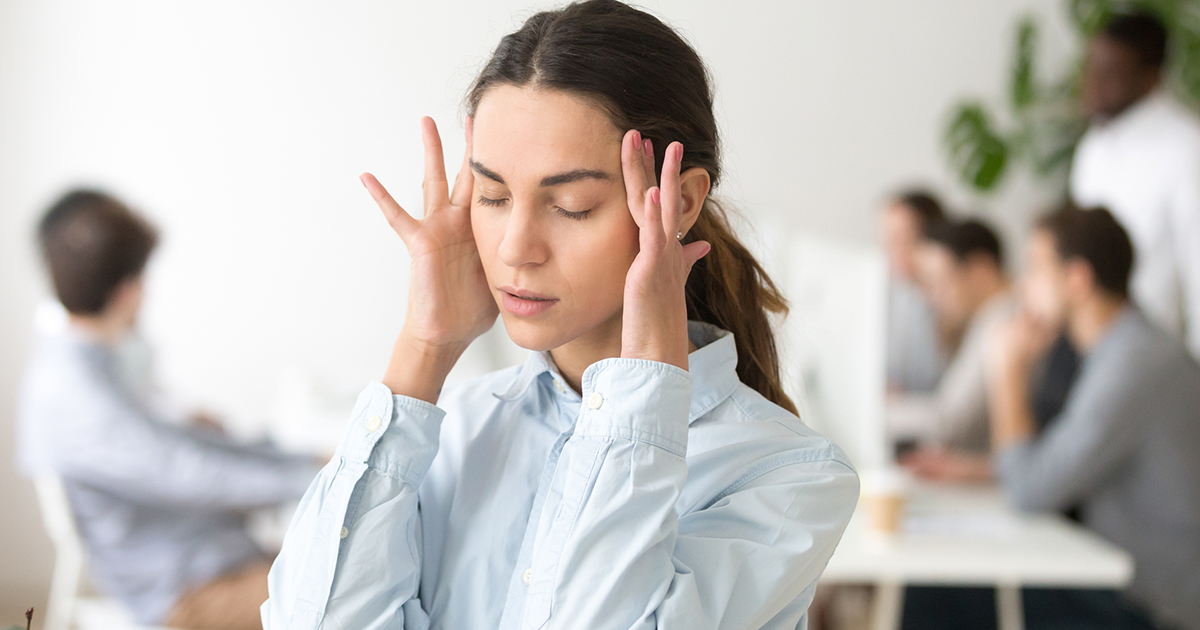The Silent Symptoms Of Anxiety & Anxiety Attacks
Feeling anxious is a normal emotion, and everyone experiences anxiety throughout their life. Anxiety disorders occur when the degree of anxiety becomes too intense, and sufferers experience frequent episodes of irrational worries or concerns, which eventually interfere with daily activities. Anxiety attacks can happen at any time for no particular reason, or they can have triggers. Many patients report a feeling of losing control or going crazy. Their fears are usually disproportionate with the actual danger. Although irrational, their anxiety is difficult to control nonetheless. General symptoms of anxiety disorders include panic, nervousness, fear, or excessive worrying. Types of anxiety disorders include generalized anxiety, social anxiety, and panic disorder. Sometimes it can be hard to spot anxiety or anxiety attacks. Get familiar with these silent symptoms now.
Tingling In The Extremities

Tingling in the extremities is a common silent symptom of anxiety and anxiety disorders. The tingling sensation is caused by the body's fight or flight response to stress. The blood rushes to the parts of the body that need extra blood to react quickly. Panic disorder elicits this response frequently, and it usually leaves the patient feeling emotionally drained and physically weak in their extremities. The tingling can occur anywhere on the body, but it's most commonly felt in the extremities because there’s less blood being delivered to these areas. This tingling can be caused by a stress response or periods of sustained stress, and will subside as the individual calms themselves and their body recovers. The sensation will eventually disappear and is a normal physiological response by the body when dealing with a perceived threat.
Keep reading to learn more about the silent symptoms of anxiety and anxiety attacks.
Intrusive Thoughts

Disturbing thoughts are a prevalent silent symptom of anxiety and anxiety disorders. They tend to pop up at any time of day or night and can be very distressing and difficult to control. Intrusive thoughts can be frightening because of their focus on socially unacceptable things like violence or sexually explicit images. Patients often feel as if they may act on these thoughts and images and wonder if they’re abnormal because they have these thoughts. An individual may become preoccupied with these thoughts and experience difficulties with daily functioning.
Many individuals are ashamed or embarrassed to confide in anyone and keep their thoughts to themselves. This often compounds the problem and makes the situation even more frightening, especially for children. Patients become threatened by their thoughts because they are usually so foreign to how they really feel. These fears and attempts to block or dismiss the thoughts often fuels anxiety and can lead to more attacks. The key to dealing with these thoughts is to ignore them and not give them so much power or to seek professional help from a therapist who can provide patients with effective coping methods for their intrusive thoughts.
Get the details on the next silent symptom of anxiety now.
